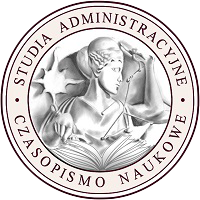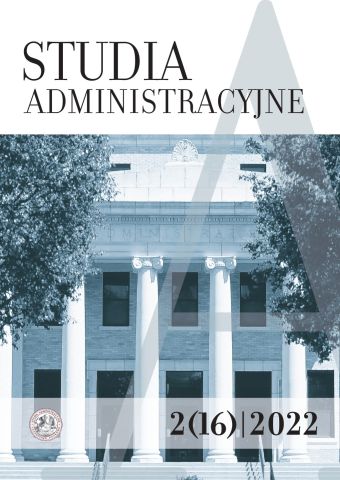





| Authors: |
Gracjan
Ciupa

Uniwersytet Wrocławski |
| Keywords: | tax credit innovativeness research and development activity IP-Box |
| Data publikacji całości: | 2022-12-30 |
| Page range: | 11 (5-15) |
| Klasyfikacja JEL: | K34 |
| Downloads ?: | 831 |
| 1. | Bartosiewicz A., Polski Ład. Podatki i składki, Wolters Kluwer Polska, Warszawa 2022. |
| 2. | Cornell University, INSEAD, WIPO, The Global Innovation Index 2016: Winning with Global Innovation, 2016, https://www.wipo.int/edocs/pubdocs/en/wipo_pub_gii_2016.pdf |
| 3. | Fus A., Innovation Box w praktyce – ulga dla programistów, Doradztwo Podatkowe – Biuletyn Instytutu Studiów Podatkowych 2021, nr 12, s. 45–49. |
| 4. | Kaźmierski A., Wiśniewski J., Podatek dochodowy od osób fizycznych. Zasady ogólne, (w:) Podatki 2022 (red.), A. Kaźmierski, Wolters Kluwer Polska (baza danych), Warszawa 2022. |
| 5. | KR Group LTD, IP BOX Bilans pod dwóch latach: pierwszy kompleksowy raport dotyczący ulgi Innovation Box, 2021, https://www.krgroup.pl/wp-content/uploads/2021/12/Raport-Innovation-Box-Bilans-po-dwoch-latach-1.pdf. |
| 6. | Małecki P., Mazurkiewicz M., CIT. Podatki i rachunkowość. Komentarz, Wolters Kluwer Polska, Warszawa 2021. |
| 7. | Rozbicki M, Działalność badawczo-rozwojowa oraz innowacje, (w:) Jak uniknąć ryzyka odpowiedzialności podatkowej. Tax compliance (red.), P. Tomczykowski, Wolters Kluwer Polska, Warszawa 2021. |
| 8. | Sekita J., Podatki dochodowe: 522 wyjaśnienia i interpretacje: amortyzacja, koszty uzyskania przychodu, ceny transferowe, ulgi podatkowe, „cienka kapitalizacja”, dochody nieujawnione, obowiązki płatnika, Wolters Kluwer Polska, Warszawa 2015. |
| 9. | Tarka A., Fiskus musi odpowiedzieć informatykowi, który pyta o IP Box, Rzeczpospolita 2021, nr 11967. |
| 10. | WIPO, Global Innovation Index 2021: Tracking Innovation through the COVID-19 Crisis, 2021, https://www.wipo.int/edocs/pubdocs/en/wipo_pub_gii_2021.pdf |